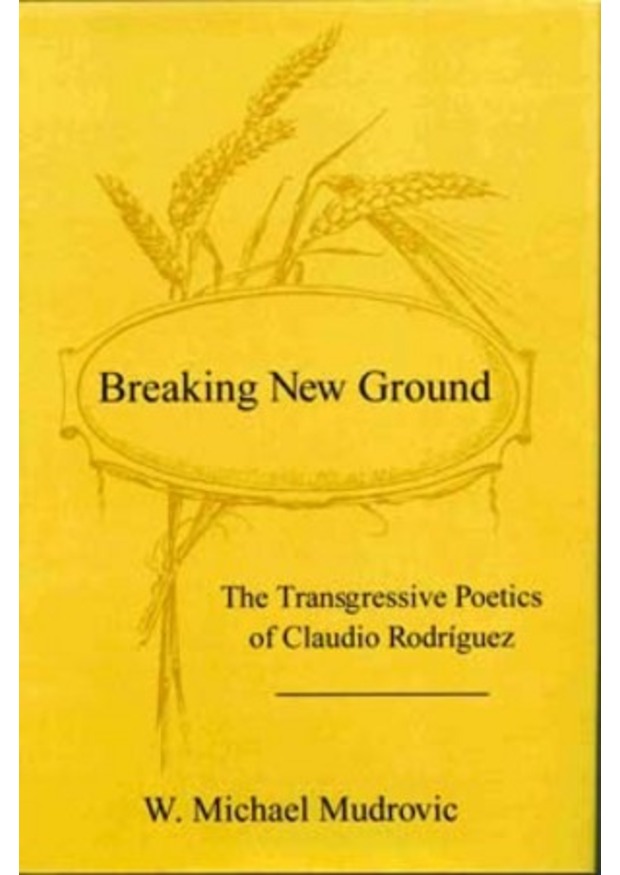The Transgressive Poetics of Claudio Rodriguez
A member of the Real Academia de la Lengua Espanola, Claudio Rodriguez (b. 1934) has attained a preeminent status in the rich tradition of Spanish poetry. During his career, he has been awarded the Premio Adonais, the Premio de la Critica, the Premio Nacional de Literatura, the Premio de Castille y Leon, and most recently the Premio Principe de Asturias and the Premio Reina Sofia, among other honors. He has achieved this renown on the basis of five collections of poetry.
Each of these works is meticulously structured around a two-poem section that gives each its unique configuration and character. Yet, at the same time, each poem maintains its individual independence and singular integrity.
The theme that unites these works, written at different moments over the course of the poet's career (at increasingly wider intervals), is the author's attempt to define his identity through the equivocal and duplicitous medium of language. Well acquainted with the European and Spanish canon, as well as the etymological roots of the Spanish language, Rodriguez possesses an intuitive sense of poetic rhythm and a special gift for metaphor that characterizes only the most outstanding poets. But the poetry, while so efficacious on the level of the signifier, is also solidly and profoundly rooted in Western philosophy, one of Rodriguez's lifelong interests.
In Breaking New Ground, W. Michael Mudrovic presents a comprehensive reading and detailed analysis of Rogriquez's work to date, including Casi una leyenda. The author avails himself of a variety of recent critical and theoretical approaches, such as chaos theory, repetition, intertextuality, Lacanian psychoanalytic theory, elegiac conventions, and the notion of the sublime. A discussion of Heidegger's concept of "Dasein" provides thematic unity that pulls together this critical and theoretical diversity. While engaging in dialogue with other critics concerning the poet's most well-known poems, Mudrovic expands the Rodriguez canon by focusing on poems seldom mentioned by others. In the conclusion, he analyzes three uncollected poems, defining the figure of the poet as artist's apprentice, bullfighter, and sacrificial victim and redeemer. Illuminating the subtle tensions latent in Rodriguez's dialogic use of language, Mudrovic stimulates our thinking about these poems and makes it clear that Claudio Rodriguez is one of the finest Western poets of the twentieth century.













